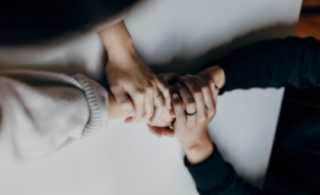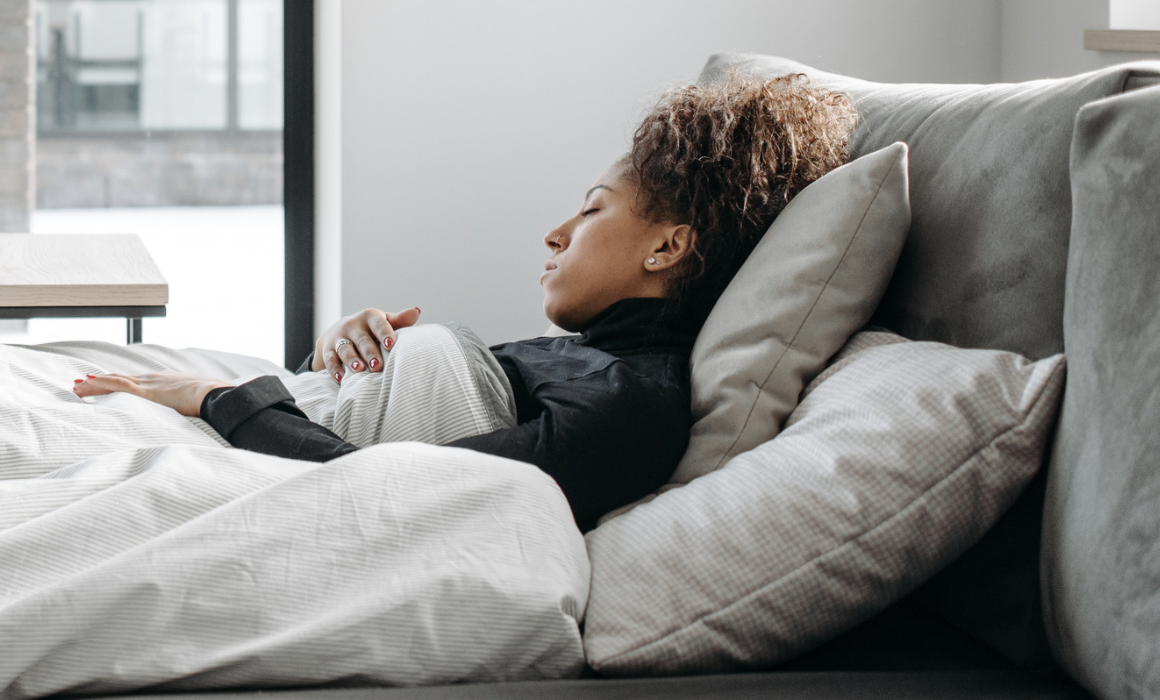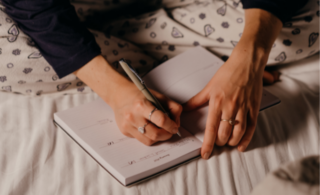
It is very common to experience fatigue during and after breast cancer treatment. In this article Louise Malone, consultant physiotherapist, explains why you might be feeling more tired than usual and providing some tips to help with what is commonly termed, “treatment related fatigue”.
By Louise Malone
Fatigue or feeling tired during or after cancer treatment is normal (more than 90% of patients report it). Thankfully, there are things that can be done to help! Let’s look at what it is, what causes it and what we can do to overcome it.
What is cancer treatment related fatigue
Treatment related fatigue (TRF) is more debilitating than normal fatigue. With this type of fatigue, sleep is no longer restorative. We wake feeling exhausted in your body and mind. It can be destructive to our life, affecting us physically and mentally including our work and relationships. Treatment related fatigue is complex and can have many causes. Commonly there is a relationship between fatigue, treatment, lack of sleep and lack of exercise.
During cancer treatment, the medication can affect the good cells (as well as the bad ones). This can cause muscle loss leaving us feeling weak. Sleep can be difficult from stress and anxiety with our diagnosis and treatment especially after procedures such as surgery (due to discomfort and/or pain). In addition, we may not be doing our regular exercise regime or normal activities at this time: such as gardening, the school run or work, reducing our general fitness levels.
How can you help yourself
Here are some tips to help us avoid and overcome cancer treatment related fatigue:
- Pacing is very important during our treatment. I recommend one activity per day. We may have better days/weeks within a treatment cycle. Don’t be tempted to do more on these days, just enjoy the feeling and save that energy for the next day.
- Is good to have a daily and weekly routine, not only for the body but also the mind. Try to do the following at the same time each day: wake and get out of bed, meals, naps, and exercises. It is also important to try to keep good sleeping habits (such as preparing for sleep) to help us unwind.
- It may sound counter-intuitive, but exercise can prevent cancer fatigue. It can give us energy as it strengthens our lungs, heart and muscles. It is important to maintain a level of exercise such as walking (daily) and gentle strength exercise programme (twice weekly). On days where we feel we have less energy, walk slower and shorter distances. During these times, try gentle breathing exercises or stretches instead, but don’t give up.
- I am a huge fan of naps! Taking a little rest or reset during the day can allow us to have a longer evening and feel less tired, enjoying more activities with our friends, family and loved ones.
- Be aware of steroids. Whilst they are great to manage side effects of cancer treatment (like nausea), they often make us feel like as if we have lots of energy. However, this is ‘fake energy’ and as soon as you stop taking steroids our energy levels will return to normal or become worse. We may even feel more tired as we have spent energy that we didn’t really have. Keeping a routine every day despite treatment or steroids will prevent this. If you need support, do not hesitate to reach out to a healthcare professional with appropriate experience, such as an oncology physiotherapist, nurse or your doctors.
Reaching out
If you need support with cancer treatment related fatigue, do not hesitate to reach out to a healthcare professional with appropriate experience, such as an oncology physiotherapist, nurse or your doctors.
About the author

Louise is a Consultant Physiotherapist and Expert Practitioner in Oncology Care. She has over fifteen years of oncology experience working in leading NHS and Private London cancer hospitals including University College Hospital in London, The Royal Marsden NHS Foundation Trust and The Royal Trinity Hospice. In the private setting she was Lead Oncology Physiotherapist for HCA International at The LOC (Leaders in Oncology Care) on Harley Street in London. She is passionate about delivering exceptional care and doing the best for her patients.
further information
Future Dreams hold a range of support groups, classes, workshops and events – including some covering fatigue – to help you and your carers during your breast cancer diagnosis. These are held both online and in person at the London-based Future Dreams House. To see what’s on offer and to book your place, see here.
To return to the homepage of our Information Hub, click here where you can access more helpful information, practical advice, personal stories and more.
November 2023
The information and content provided in all guest articles is intended for information and educational purposes only and is not intended to substitute for professional medical advice. It is important that all personalised care decisions should be made by your medical team. Please contact your medical team for advice on anything covered in this article and/or in relation to your personal situation. Please note that unless otherwise stated, Future Dreams has no affiliation to the guest author of this article and he/she/they have not been paid to write this article. There may be alternative options/products/information available which we encourage you to research when making decisions about treatment and support. The content of this article was created by Louise Malone and we accept no responsibility for the accuracy or otherwise of the contents of this article.
Share

Support awareness research
Donate to those touched by BREAST cancer
Sylvie and Danielle began Future Dreams with just £100 in 2008. They believed nobody should face breast cancer alone. Their legacy lives on in Future Dreams House. We couldn’t continue to fund support services for those touched by breast cancer, raise awareness of breast cancer and promote early diagnosis and advance research into secondary breast cancer without your help. Please consider partnering with us or making a donation.



